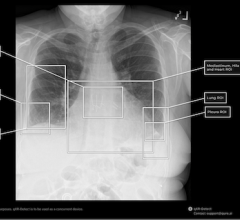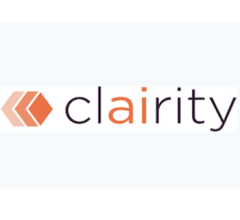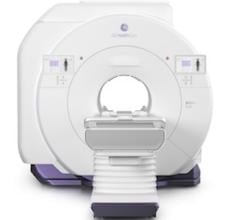
Nov. 8, 2024 — Lunit has announced new research findings demonstrating the potential of its artificial intelligence (AI) to predict immunotherapy treatment outcomes in rare tumors. Conducted in collaboration with The University of Texas MD Anderson Cancer Center, this study was presented at the Society for Immunotherapy of Cancer (SITC) 2024 Annual Meeting, in Houston, Texas. The study was presented by Mohamed Derbala, M.D., a research scientist at MD Anderson. It has also been selected as one of the SITC TOP 100 abstracts, underscoring its potential significance and impact in the field of immunotherapy.
Immunotherapy, particularly immune checkpoint inhibitors like pembrolizumab, has emerged as a new treatment option for cancer patients. However, not all patients respond equally to this treatment, and predicting who will benefit most has been a significant challenge, especially in rare tumor types where treatment options and research data are limited.
Led by principal investigator Dr. Aung Naing, professor of Investigational Cancer Therapeutics at MD Anderson, the research used Lunit's AI-powered whole-slide image analyzer, Lunit SCOPE IO, to assess tumor microenvironment characteristics in both pre-treatment and on-treatment biopsies from patients with rare tumors receiving pembrolizumab. The study analyzed over 500 slides across more than 10 different rare tumor types.
The findings indicate that Lunit SCOPE IO could effectively identify specific patterns in tumor samples that correlate with better treatment outcomes. The research showed that patients whose tumor samples displayed AI-detected changes in both intratumoral immune cell (intratumoral tumor-infiltrating lymphocyte; iTIL) presence and tumor content, were significantly more likely to have better treatment outcomes positively to immunotherapy treatment.
Key findings include:
-
In certain tumor types, patients with higher pre-treatment iTIL density showed a 51% lower risk of disease progression or death (improved progression-free survival, PFS; HR: 0.49)
-
Patients who had greater iTIL density increase at on-treatment biopsy showed a 35% lower risk of disease progression or death (HR: 0.65) and a 41% lower risk of death (improved overall survival, OS; HR: 0.59)
-
Patients with greater tumor content decrease at on-treatment biopsy had a 49% lower risk of disease progression or death (HR: 0.51) and a 46% lower risk of death (HR: 0.54)
-
Most notably, patients who experienced both a greater iTIL density increase and tumor content decrease showed dramatically improved outcomes:
-
68% lower risk of disease progression or death
-
72% lower risk of death
“These findings highlight how our AI technology can provide deep insights into the unique and challenging tumor microenvironment seen in rare cancers, and represent a critical advancement in our understanding of rare tumor biology,” said Brandon Suh, CEO of Lunit. “This study has demonstrated the value of Lunit SCOPE IO in an important clinical setting, showcasing its potential to personalize treatment for patients who have limited therapeutic options. We believe these advancements are a testament to the transformative impact AI can have on oncology and patient outcomes.”
By expanding the capabilities of Lunit SCOPE IO, Lunit aims to continue partnering with leading cancer research institutions to deliver innovative and meaningful solutions for patients with limited treatment options, ultimately transforming cancer care.
For more details please visit lunit.io.


 February 26, 2026
February 26, 2026 









